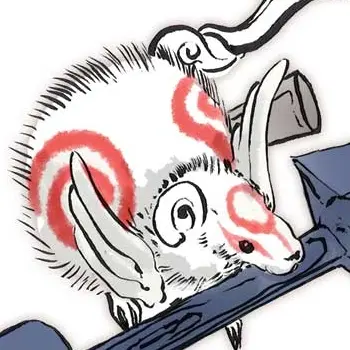So, say I get a set of chromosomes from my Mum which contains the X chromosome and the same from my Dad, but with the Y chromosome. I now have two sets of the same 22 chromosomes, plus an X and a Y.
For chromosome number one for example, is everything from my Dad’s side activated? My Mum’s? Or is is a random selection of genes within each chromosome?
And does the X chromosome do anything for me, or is it turned off, and only used if I pass it on to the next generation?
Follow up question: I believe that women actually recombine their X chromosomes when passing these on, but men can’t recombine X and Y. So everything on your Dad’s side stays the same. Does this have any impact? For example are you more likely to inherit genetic defects from your Dad’s side?


No Child Left Behind, eh?
Heh, funnily enough I did pretty well back in school. But it’s been quite a while since I’ve learnt this stuff and it’s not something I ever specialised in. And when I did learn it, it was essentially just a series of facts that you had to memorise. ‘The mitochondria is the powerhouse of the cell’ etc. etc. So the second I passed that exam, I don’t think I ever went back to reinforce those memories.
Hearing about genetic dominance again did give me an ‘ah, of course!’ moment. If you are able to recall everything you learnt in school (including subjects that you may not have had much interest in), then congrats on the impressive memory :)
Basic K12 biology didn’t go into deep details; OP is asking, I think, what decides which genes are combined. You can only get at most half of each from the parents - you don’t get all of each - so what exactly selects which genes from each are combined?